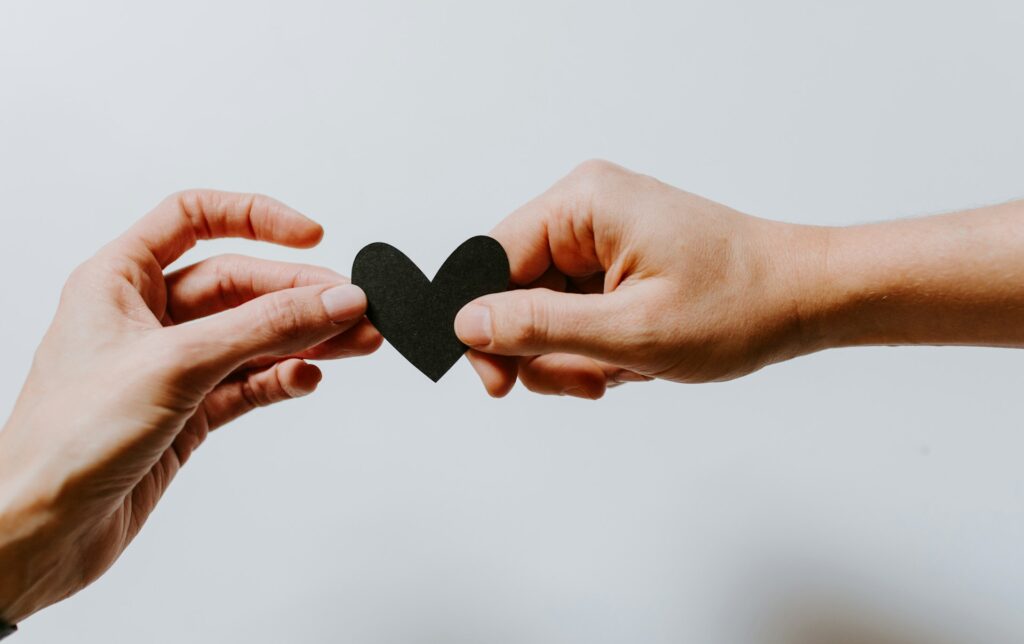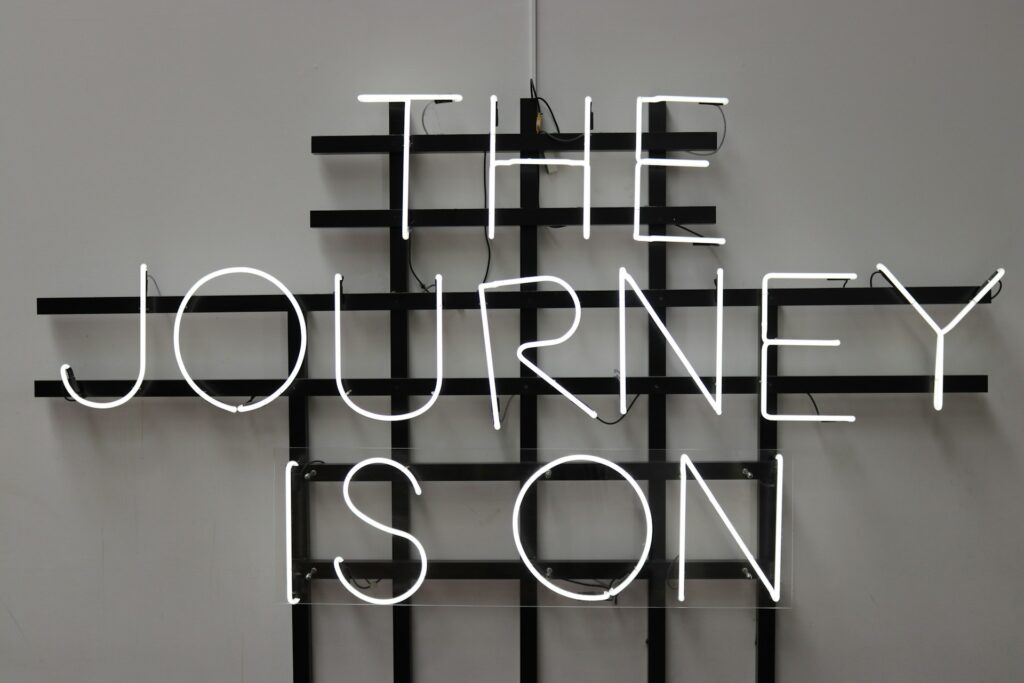How Support Groups Help Individuals Navigate the Plastic Surgery Journey

Three friends hugging each other.
Embarking on the plastic surgery journey isn’t just about enhancing one’s appearance; it’s an emotional and psychological ride, especially in the image-conscious setting of California, where every billboard seems to promise a flawless look. For some, it’s about tackling insecurities; for others, it’s a pursuit of self-expression or even reconstructive necessity. However, like any significant life change, plastic surgery comes with complex challenges. That’s where support groups enter the picture, offering community, perspective, and a place to voice concerns that might otherwise stay bottled up.
What are support groups?
Support groups, at their core, are gatherings of individuals with shared experiences who come together to discuss, empathize, and support each other through similar situations. While some think of them as spaces for healing from addiction or loss, they have also expanded into niches, like those supporting people on their plastic surgery journeys. Whether hosted online or in person, these groups provide a unique atmosphere of understanding where participants don’t have to explain every nuance of their feelings – everyone gets it.
Why are support groups important?
A good support group can offer camaraderie, reassurance, and the kind of motivation that’s hard to find elsewhere. In the context of plastic surgery, they provide a safe place to discuss expectations, share recovery tips, and even learn about the practical stuff, like post-op care. Plus, having people who’ve been there and done that can alleviate a ton of anxiety.

Having people around you during the tough times is invaluable.
Situations where support groups can make a difference
Think about this: you’re in the early phases of considering surgery and feel overwhelmed by the prospect. A support group can help by connecting you with people who’ve been through the same process, making it seem less daunting. Or maybe you’re recovering and can’t relate to your family or friends, who don’t entirely understand what you’re experiencing. In situations like these, support groups become invaluable spaces of empathy.
How support groups help individuals navigate the plastic surgery journey
Getting from Point A (the initial consultation) to Point Z (complete recovery) can feel like a marathon, with emotional twists and turns, financial concerns, and physical hurdles along the way. And like any intense journey, having a community by your side is far better.
What is the plastic surgery journey?
The term can vary wildly. For some, it’s an elective procedure meant to enhance a feature; for others, it’s reconstructive surgery after an accident. But regardless of motivation, the journey typically unfolds in similar stages. You start with booking an initial consultation, often followed by a mix of excitement and jitters as the date approaches. Then comes the actual surgery and – everyone’s favorite – recovery, a phase that’s often more challenging than anticipated.
Alongside these stages, there’s the element of planning. If you’re traveling to SoCal for surgery, a common choice for patients seeking reputable surgeons, you might even need assistance with logistics. Family Affair Moving Southern California has helped individuals move closer to care facilities, making the entire process more convenient and stress-free. This consideration alone hints at the complexity of this journey.

The plastic surgery journey usually begins with the initial consultation and ends with complete recovery.
Challenges, obstacles, and how support groups can help
Plastic surgery comes with its fair share of hurdles, and tackling them alone can be intimidating. Here’s where support groups make an enormous difference.
Emotional rollercoasters
Few things play with the emotions quite like major changes to one’s body. After surgery, you might find yourself grappling with unexpected feelings. Some days, you may feel thrilled; other days, doubts and anxiety creep in. In a support group, it’s common to hear stories that reflect exactly what you’re going through. Members provide reassurance and normalize the emotional highs and lows, reminding each other that feelings fluctuate and healing takes time.
Physical challenges and recovery tips
Recovery is often tougher than anticipated, even for the most prepared patients. Support groups often share post-op recovery hacks, from the best sleeping positions to help minimize discomfort to tips on speeding up bruising and swelling reduction. The advice from others who’ve gone through similar procedures can be both practical and comforting.
Financial stress
Plastic surgery can become a financial burden, especially in regions like California, where top-notch surgeons often charge top-dollar fees. People in support groups can be incredibly helpful in sharing budgeting advice and even recommending financing options. By discussing expenses openly, members of these groups often relieve some of the stress surrounding the cost of their procedures.
Battling misinformation
It’s no secret that there’s a fair amount of misinformation about plastic surgery online. From miracle creams promising instant results to misleading “before and after” photos, navigating what’s true and what isn’t can be frustrating. Support groups, especially those moderated by people with medical knowledge, can counter these myths by providing verified information and firsthand insights.

Support groups can help debunk various myths surrounding plastic surgery.
Finding joy in the journey
One of the unique things about support groups is that they remind people to celebrate small victories. Sometimes, a tiny win – like getting through a day with reduced pain or noticing the first positive results of the surgery – goes unnoticed. A support group often cheers for these little milestones, helping individuals see the progress they might have otherwise ignored.
Conclusion
Support groups provide a vital, judgment-free space for anyone on the plastic surgery journey, offering empathy, practical advice, and validation at every stage. From pre-surgery nerves to post-op recovery, these groups connect you with people who understand the ups, downs, and unexpected moments that come with altering your body. They’re more than just a sounding board – they’re filled with firsthand insights and reminders that healing takes time and self-doubt is normal. By joining a support group, you gain a sense of belonging and solidarity, making an often-isolating journey feel more manageable, empowered, and even a little less daunting.




